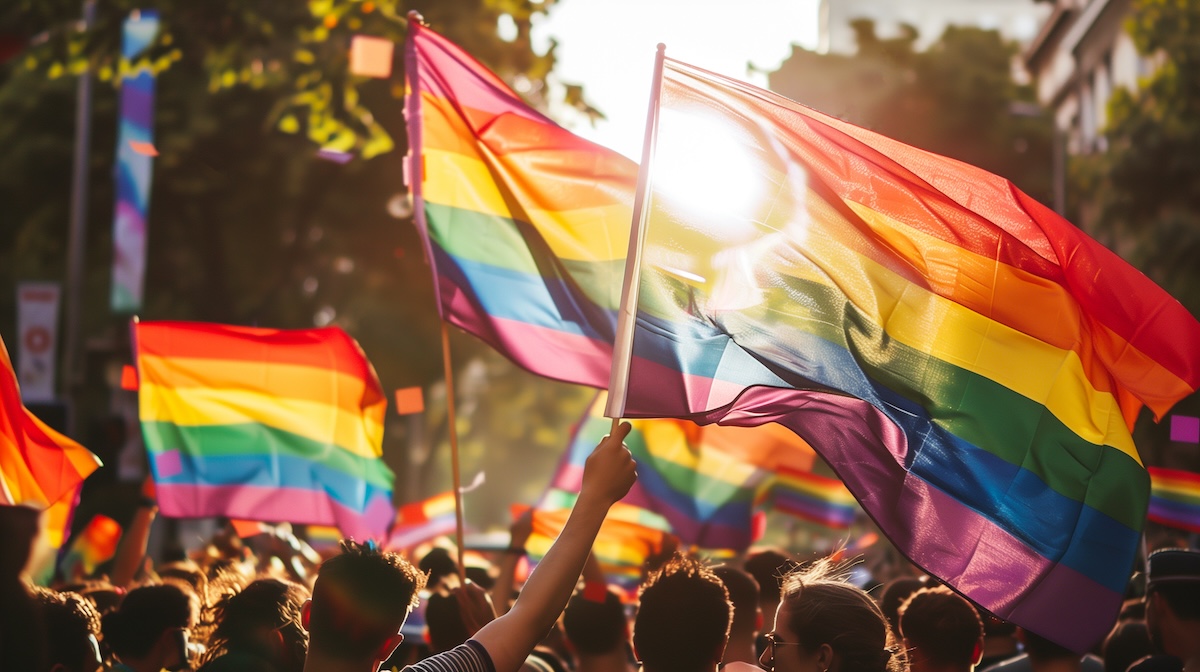Roberta Flack’s cover of “Ballad of the Sad Young Men” can still be resonated with due to the artistry it encapsulates, as well as the deep empathy Flack has with vulnerable communities. This song is part of her debut album, First Take, released in 1969 and it indicates that Flack is not just a powerful vocalist, but also a social activist – especially for members of the LGBTQ+ community.
Origins of the Song
The song “Ballad of the Sad Young Men” is nominated for best original song at the 1960 Academy Awards. It was written by licensed teacher Fran Landesman and musician Tommy Wolf for the 1959 musical The Nervous Set. The show was about the lives of the beat Generation and focused on the life of a group of teenagers in the throes of existential crises. Against this backdrop, the song was a thoughtful commentary on the inner conflict and fragility of these “sad young men.” seacoastjazz.org
Flack’s Interpretation and Connection to the LGBTQ+ Community
The song’s original context was the Beat Generation, but Flack’s version calculated for a different audience altogether. She began her career in an opera restaurant in Washington, D.C. that catered to a gay audience and it is in this environment where she truly understood the plight of gay men. Flack performed her rendition of “Ballad of the Sad Young Men” to her gay fans who grappled with being ostracized and internally troubled. pbs.org
Flack recalled this section of her life in a 1979 interview, where she stated that the venue ‘opened up a whole new world’ for her. She classified the song as a “homosexual lament” attuned to how the gay men of the time had to endure an abundance of hardships in silence due to the lack of conversations around homosexuality. seacoastjazz.org
Creating Music that Evokes Feeling and Emotion
For Flack’s version of the piece, she chose a tempo that is slow and relaxing so that the deeply meaningful words are more pronounced. The spirited accompaniment of the piano in combination with the singer’s voice puts the audience in a place of deep thought and compassion that speaks for the song itself. Such an arrangement enables the audiences to appreciate the sentiments of the song and creates a feeling of sympathy for the person who set out to explain the situation.
Roberta Flack’s cover on “Ballad of the Sad Young Men” displays how she was a vocal advocate for the issues surrounding the LGBTQ+ community. She has received immense praise for her efforts towards dedicating the song to gay men amidst heavy discrimination, which places her as an early supporter for the cause. This activism during a difficult period of time not only advocates her as a wonderful artist, but also as a compassionate and loving voice towards the underprivileged.
In summary, “Ballad of the Sad Young Men” performs as an overarching, modern-day anthem filled with empathy and compassion. Watching her cover on the song Roberta makes it so much easier to discuss the themes of accepting oneself, identity, and loneliness which changes Flack’s pieces from a soulful cover into a form of verbal activism.
Sing a song of sad young men, glasses full of rye
All the news is bad again, kiss your dreams goodbye
All the sad young men, sitting in the bars
Knowing neon nights, and missing all the stars
All the sad young men, drifting through the town
Drinking up the night, trying not to drown
All the sad young men, singing in the cold
Trying to forget, that they’re growing old
All the sad young men, choking on their youth
Trying to be brave, running from the truth
Autumn turns the leaves to gold, slowly dies the heart
Sad young men are growing old, that’s the cruellest part
All the sad young men, seek a certain smile
Someone they can hold, for just a little while
Tired little girl, does the best she can
Trying to be gay, for a sad young men
While a grimy moon, watches from above
All the sad young men, who play at making love
Misbegotten moon shine for sad young men
Let your gentle light guide them home again
All the sad, sad, sad, young men











